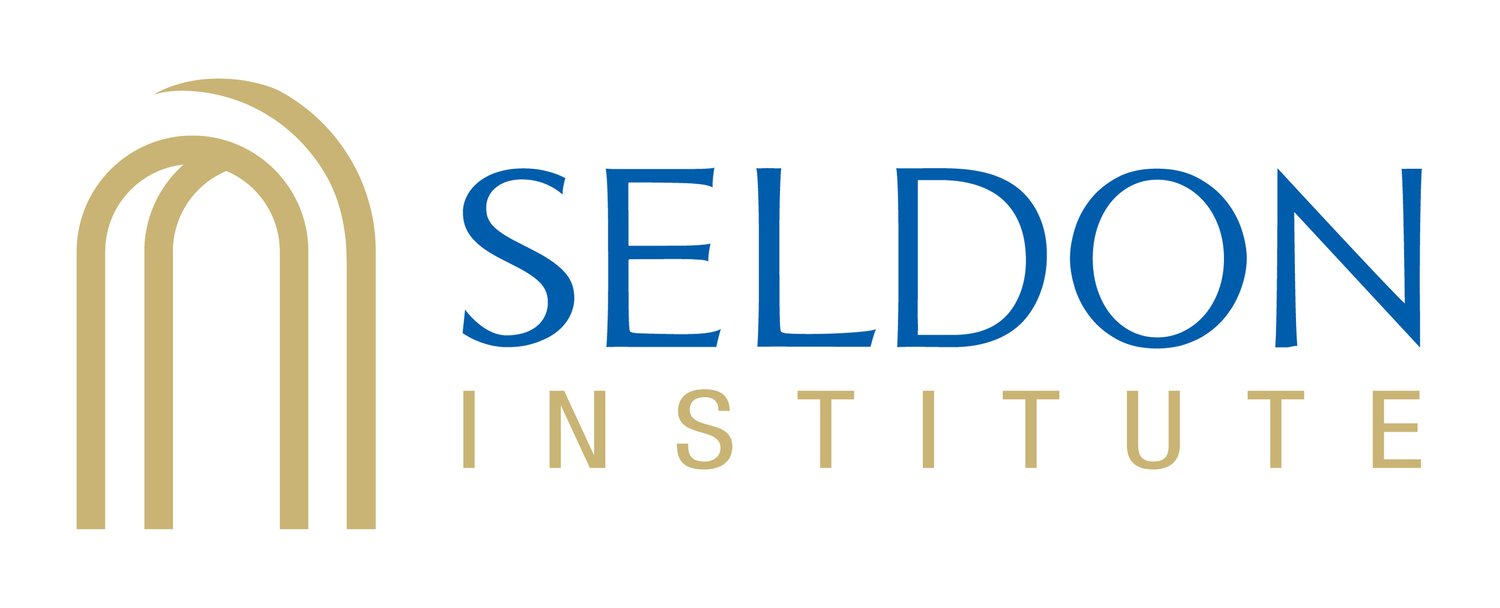SeldonTalks
SeldonTalks features the personal stories of authors, scholars, activists, and artists whose work provides a more nuanced or relevant understanding of Islam.
Episode 2 - John E. Woods
Professor Emeritus of Middle Eastern History at the University of Chicago, John E. Woods, offers a thoughtful reflection on his life, distinguished career, and pioneering research on the history of Turkey, Iran, and Central Asia from the 13th to 18th century. He discusses the shifting paradigms and scholarly debates that have shaped the field of Middle Eastern history, as well as his influential role at the University of Chicago's Center for Middle Eastern Studies. Among his notable publications are “The Aqquyunlu: Clan, Confederation, Empire" (1999), "Timur's Genealogy." In Intellectual Studies on Islam: Essays Written in Honor of Martin B. Dickson" (1990), and "The Rise of Timurid Historiography" (1987).
Episode 1 - Fred Donner
Fred Donner, Professor Emeritus of Near Eastern History at the University of Chicago, offers a thoughtful reflection on his life, distinguished career, and groundbreaking research on the origins of Islam. Donner highlights some of the evolving paradigms and scholarly debates that have influenced the field of Islamic studies. Among his notable publications are The Early Islamic Conquests (1981), Narratives of Islamic Origins: The Beginnings of Islamic Historical Writing (1997), and Muhammad and the Believers: At the Origins of Islam (2010).
Laith Saud
SeldonTalks Host
Laith Saud, SeldonTalks host and Seldon Institute Scholar in Residence, received his Ph.D. from the Department of Near Eastern Languages and Civilizations at the University of Chicago in 2017. He is co-author of An Introduction to Islam for the 21st Century (2013).

